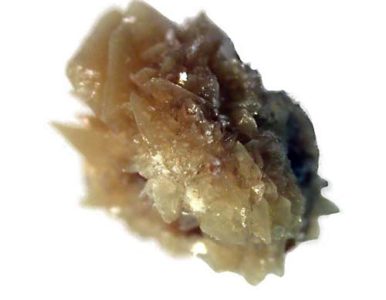SPONTANEOUS STONE PASSAGE
Waiting for spontaneous stone passage is only reasonable for small calculi (up to 6 mm); larger concrements can also pass away, but this can take a long time and harm your body. The role of medicamentous treatment is usually overestimated, because, as a rule, if concrement tends to move, it anyway moves with and without medication, and if it gets stuck, there are no medicines that will get it off the trap. Medication is only an adjunctive therapy in this case.
Undoubtedly, spontaneous stone passage is a happy ending that every kidney colic patient wishes. However, the unreasonable expectation that calculus will happily come out on its own often results in negative consequences.
The first thing to be aware of is that ureter is not just a tube of a certain diameter, which can let calculi of a certain size off. The ureter is a muscular organ that normally has no lumen at all, but if necessary, it can extend to a sufficiently large diameter. Passage of a stone depends on its size and on individual ability of the ureter to shrink and stretch.
Calculi up to 6 mm are the most likely to pass on their own, but every fifth patient cannot get rid of them even in this size. On the way to exit, the calculus encounters three natural constrictions, the most difficult segment being the last centimeter before the ureter enters the bladder. Calculus, which happens to pass this place, goes out in 99% of cases. However, quite often, having gone all the way, the calculus gets stuck on the last centimeter before the bladder.
Only a medical doctor can decide on whether the calculus has a chance of free passage. After an appropriate examination, your attending physician may offer you different treatment options, including conservative treatment aimed at spontaneous passage, taking into account the size of calculi, kidney and ureter status, your medical history, calculi progression trend and your current condition.
You will not find long-lasting drip infusion or a large number of antispasmodic medicines in current recommendations for treatment of urolithiasis, as adequate pain relief and antibiotic prevention when needed have proven to be an effective therapy.
Increased body temperature, chills and unbearable pain are signs of inflammatory complications that may complement renal colic. If these symptoms occur, seek immediate medical attention, as delay in adequate therapy may lead to much more complicated, costly and traumatic treatment options, including open surgery. Unreasonable waiting for free stone passage increases the risk of complications.
Any treatment starts from a qualified urologist consultation, which will save your money and, more important, your health.

